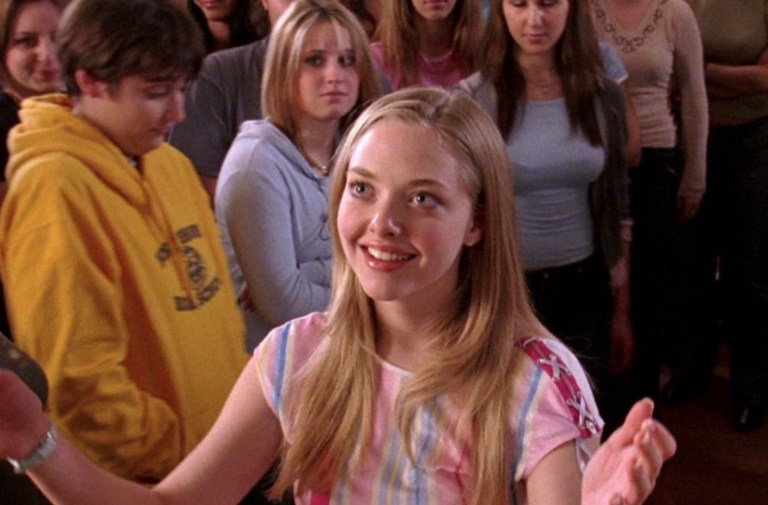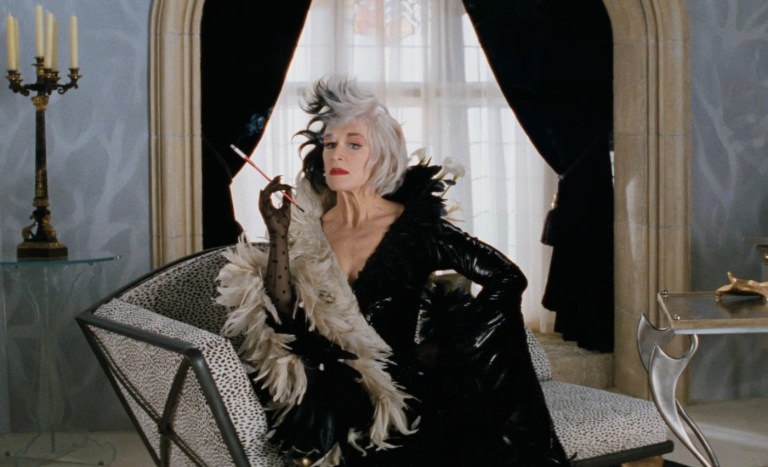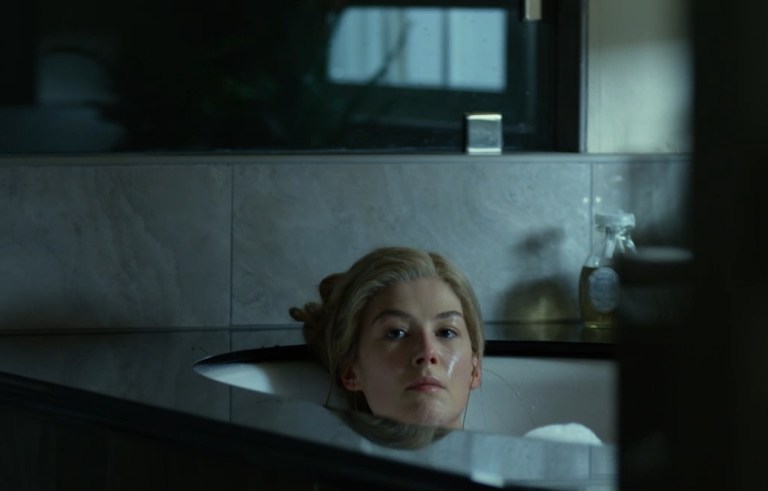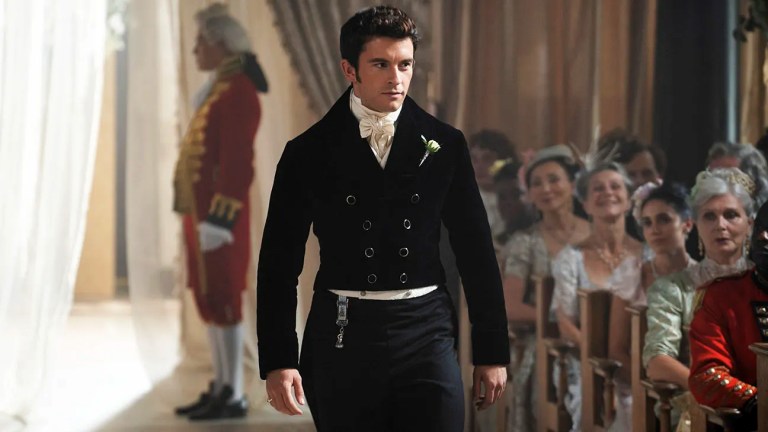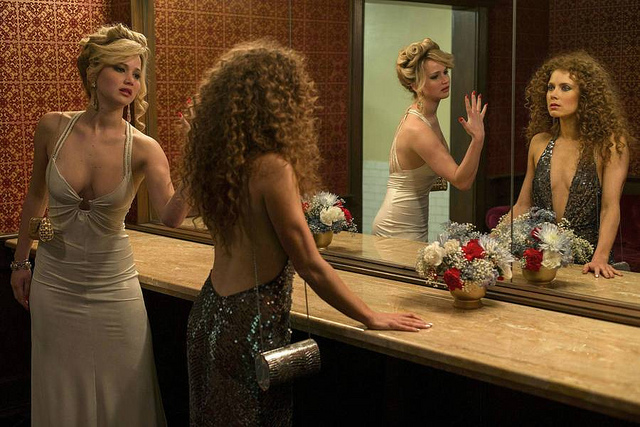
This Is My Brief Response To “Jennifer Lawrence And The History Of Cool Girls”
Cool Girls never get angry; they only smile in a chagrined, loving manner and let their men do whatever they want.
By ![]() Aafia Syed
Aafia Syed
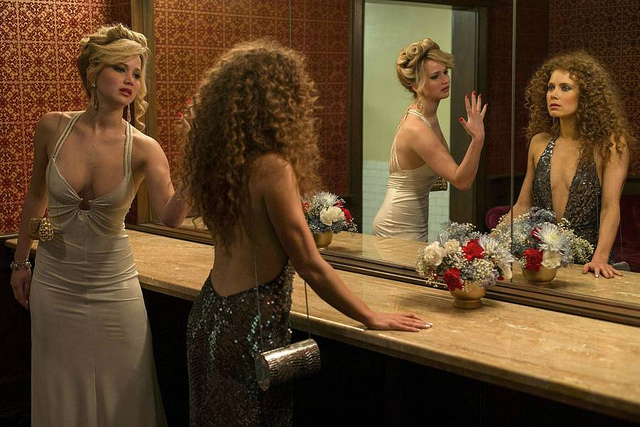
“Men always say that as the defining compliment, don’t they? She’s a cool girl. Being the Cool Girl means I am a hot, brilliant, funny woman who adores football, poker, dirty jokes, and burping, who plays video games, drinks cheap beer, loves threesomes and anal sex, and jams hot dogs and hamburgers into her mouth like she’s hosting the world’s biggest culinary gang bang while somehow maintaining a size 2, because Cool Girls are above all hot. Hot and understanding. Cool Girls never get angry; they only smile in a chagrined, loving manner and let their men do whatever they want. Go ahead, shit on me, I don’t mind, I’m the Cool Girl.” – Gone Girl by Gillian Flynn
“We’d like to think of “cool” as connotative of something progressive, even radical. But Cool Girls are neither, at least not precisely. We love them because they seem to offer an alternative to the polished, performative femininity visible in both our stars and our peers. Because they “don’t give a shit”; because they don’t truck with the regulations and rules of dating and mean-girling that prove so infuriating. But to be “cool” is to tread a fine line between something different, something almost masculine, but never anything too masculine, or assertive, or independent. The Cool Girl can talk about poop, and video games, and eating Doritos, because those things are ultimately benign: even with her short hair, Jennifer Lawrence still has the body and the face and the wardrobe that conforms to dominant beauty ideals.” (“Jennifer Lawrence and the History of Cool Girls”)
And lastly, I have been hearing variations of the following phrase from guys since the beginning of my adolescence. “Be chill and don’t be a downer. Act like a dude, but look like a supermodel.” For starters, I think the above quotes shed a lot of light on how little society has actually progressed – we’ve changed our expectations, but the culture of expectations hasn’t gone anywhere. I personally wouldn’t say that an actress/celebrity is just like everyone else. I also wouldn’t say that she is part of a completely different world. In wanting to choose one or the other, we’re kind of dehumanizing these people, these artists. They’re either too celebrity-like and fake, or too “normal” and fake, but I feel like it’s more than possible for someone to win an Oscar and also eat Doritos – to be different from a majority of people in some ways, and nearly identical in others – without having some kind of agenda. Lastly, beauty should neither emphasize nor negate an individual’s other qualities (my main qualm with the above article whose link I provided). Is all of this really so difficult to accept – does it really warrant a place in conversations worldwide, or even a place on a blank document on my laptop screen?
As for the latter, maybe not, but this isn’t just about celebrities. The same goes for non-famous women. We can have qualities that don’t necessarily “go together” without some of them being fake, and without trying to be cool/different, because honestly, there is no actual rule regarding what does and doesn’t go together. I’ve lost count of how many times I’ve been called a hipster, which implies that there is some agenda behind the way I am – the way I dress and the interests I pursue, which in reality there sometimes is, and sometimes isn’t. Is it really so hard to accept people in all of their complexity without assuming their agenda?
So, the main conclusion that I’ve come to is the importance of being genuine, regardless of what that means, or how you look, and whether or not your sincerity is clear to others, because there’s no such thing as the ideal person. You can’t please everyone, and there’s also no need to bash or doubt others, especially people we don’t know; it’s a waste of time, considering how much of their image is just that: an image, a media representation. People are much more interesting than where they stand on the scale of masculinity and femininity, or any other scale, for that matter. ![]()

